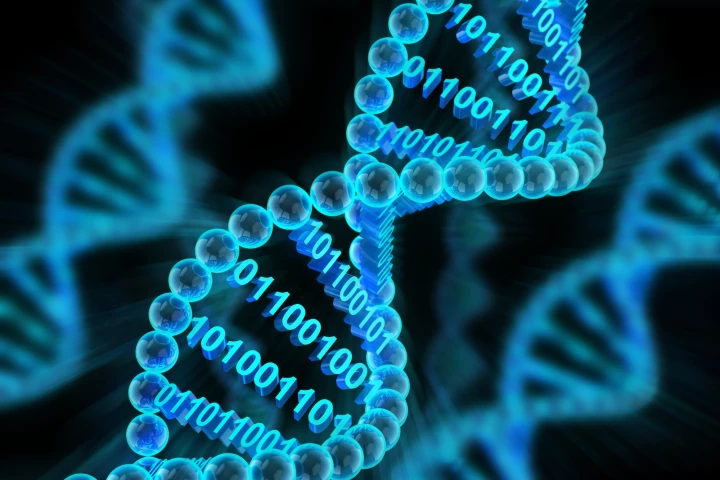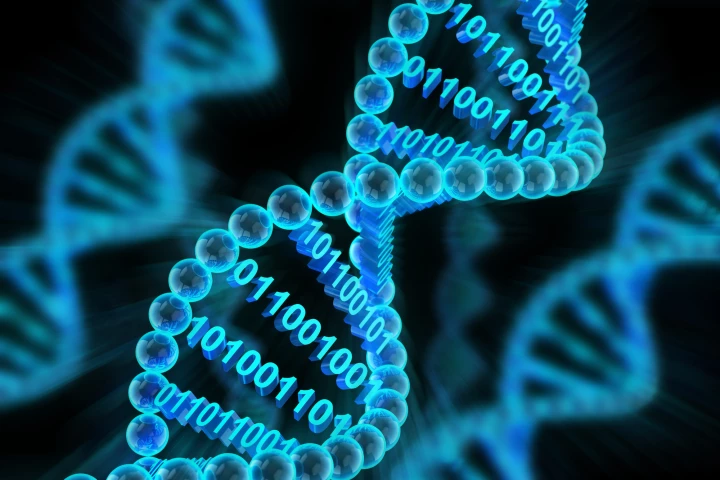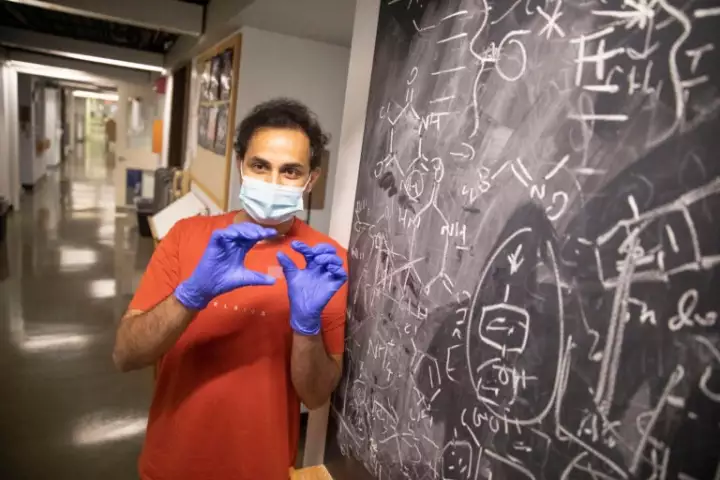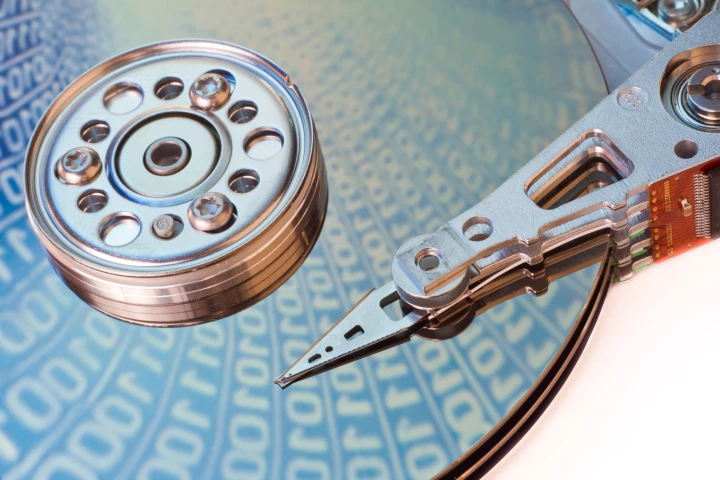Data Storage
-
Cambridge scientists have developed a new prototype for computer memory that could make for faster chips that could hold up to 100 times more data. The system is made up of barium bridges between films of a disordered material.
-
Future data centers might switch to a storage medium that nature has been using for billions of years – DNA. In a major step towards making that a reality, scientists have created a new system of reading and organizing files using microcapsules.
-
DNA is a promising data storage medium, but it’s difficult to retrieve and manipulate data written to it. Now a team has developed “chemical neurons” that can conduct calculations on data stored in DNA and read back the answers easily.
-
Forget invisible ink – future spies could be sending secret messages encoded directly into the DNA of living cells. Researchers have demonstrated a DNA Typewriter by encoding full sentences into DNA, which may also function as a cellular “black box.”
-
Researchers in Japan have developed a new method for making 2-in wafers of diamond that could be used for quantum memory. The ultra-high purity of the diamond allows it to store a staggering amount of data – the equivalent of a billion Blu-Ray discs.
-
As with most things, nature’s data storage system, DNA, far surpasses anything we’ve created. Now, researchers have doubled its already incredible storage capacity by adding extra letters to its “alphabet,” and developed a new way to read it back.
-
By deploying cutting-edge lasers, scientists at the University of Southampton have achieved a 5D optical data storage breakthrough that offers both incredible density and long-term archiving capabilities.
-
Digital data storage is far from permanent. The data on your hard drive or flash drive probably won't last more than a few decades, but Harvard researchers have created what they say is a much longer-term alternative using spots of glowing dye.
-
Most memory devices us electric signals, but an emerging technology uses light, so data can be read back just by checking if an LED is on or off. Now, researchers have developed a new device based entirely on perovskite that can do both at once.
-
By leveraging the wonder material graphene, a group at the University of Cambridge is claiming an advance in data storage that resembles more of a leap than a step forward. The team says the technology enables a ten-fold increase in data density.
-
In this world overflowing with data and content, external solid state drives are becoming faster. A new SSD called GigaDrive boasts read and write speeds of up to 2,800 MB/s thanks to its architecture and Thunderbolt 4- and USB4-compatible port.
-
A team of researchers led by professor of pharmaceutical sciences John Chaputa at the University of California, Irvine, are developing methods for storing vast amounts of data on strands of synthetic DNA that are tougher than natural DNA.
Load More











